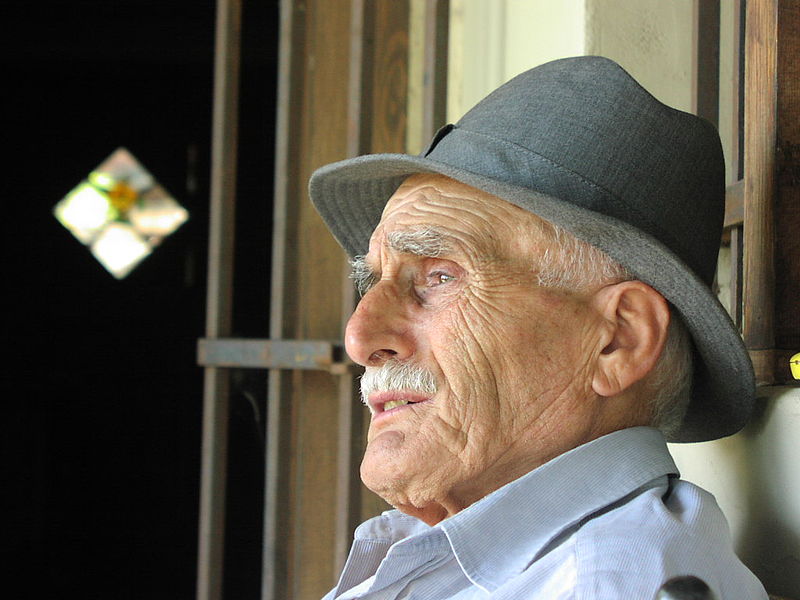By Ben Fuchs | PharmacistBen
“One does not discover new lands without consenting to lose sight of the shore…”
-Andre Gide

Image credit: Ahmet Demirel [Public domain]
And don’t think you have to be a man or even be old to have OMD. Old Man’s Disease is more prevalent than anyone suspects. How often do you say “I don’t know”? If you’re like most of us, not a lot. I sure don’t. Of course if you asked me to do some incredibly difficult math problem or you were to pepper me with Jeopardy style trivia questions, I would have to plead ignorance more often than not. But as far as the decisions and dilemmas that most of us deal with on day to day basis, we typically don’t plead ignorance. There’s not much in our daily lives we “feel” like we don’t know.
And this ubiquitous illusory sense of all-knowingness may not be our faults. According to Nobel-prize-winning psychologist Daniel Kahneman writing in his book “Thinking Fast and Slow,” this know-it-all tendency is part of our genetic heritage and is a feature of what he calls System One, a part of our awareness that evolved to deal with potential survival threats represented by the unknown. Kahneman says System One operates on a survival imperative, reacting first and asking questions later. This part of our built-in decision-making apparatus is fast-acting, automatic, intuitive, and non-rational. When we see a photograph of a snarling lion or a cop having a bad day, it’s the part of us that knows that it’s looking at the appearance of anger and it arrives at its conclusion instantaneously, without deliberation or rationalization. And what’s worse, it never questions its assessments. It simply “knows.”
The problem with our sense of certainty and knowingness is that it has a tendency to close us off from new ideas and concepts. There’s a type of tyranny to knowledge. How many wars have been fought and how many people have died because someone ”knew” what was good and right and moral. In our personal lives, “knowing” closes us off from exploration and originality. Knowing is the antithesis of curiosity. And worst of all, knowing can shackle possibilities and potentials, for when we “know” how and what something is and we “know” how and what something is not we will be less likely to look for possibility. On the other hand, when we open ourselves up to “I don’t know” through acknowledging our ignorance and diving into the mysterious un-known, we can experience an entirely different universe and a brand new reality. The boredom and ennui that inextricably linked to our tired old way of doing and being will give way to thrillingness and excitement, a freshness that is the chief feature of the nascent and new.
The hallmark of human consciousness is our capability for creativity and innovation. It’s what is called genius and is marked by the ability to come up with original solutions and conclusions. But to access that genius we need to be able to step outside our familiar cognitive frameworks and resist the urge to fill in the blanks of unknowing with our preconceived notions and antiquated answers. We need to respect the unknown and the mystery and by extension what could and might be. Perhaps D.H Lawrence expressed it best in his 1922 book “The Fantasia of the Unconscious” when he wrote: “The supreme lesson of human consciousness is to learn how not to know.”










